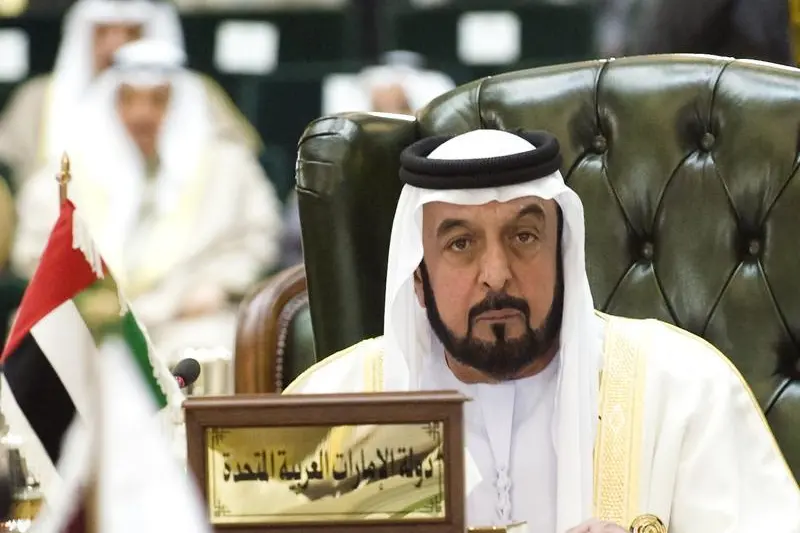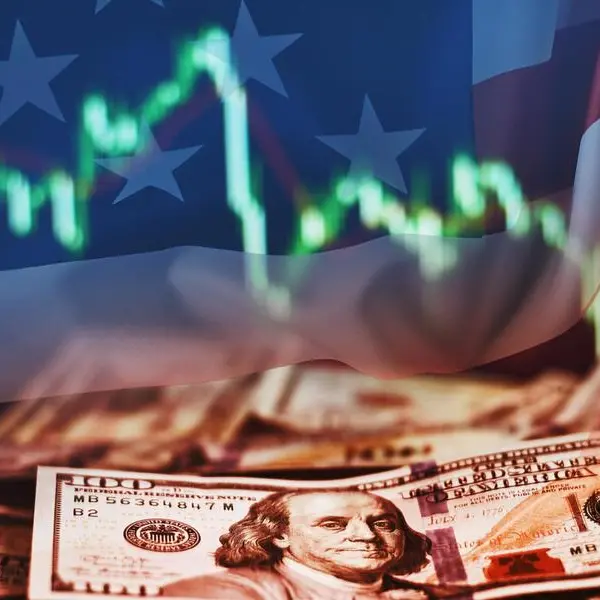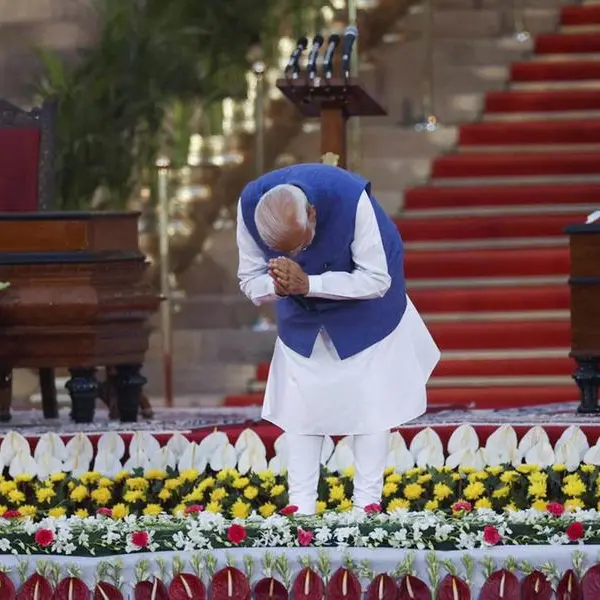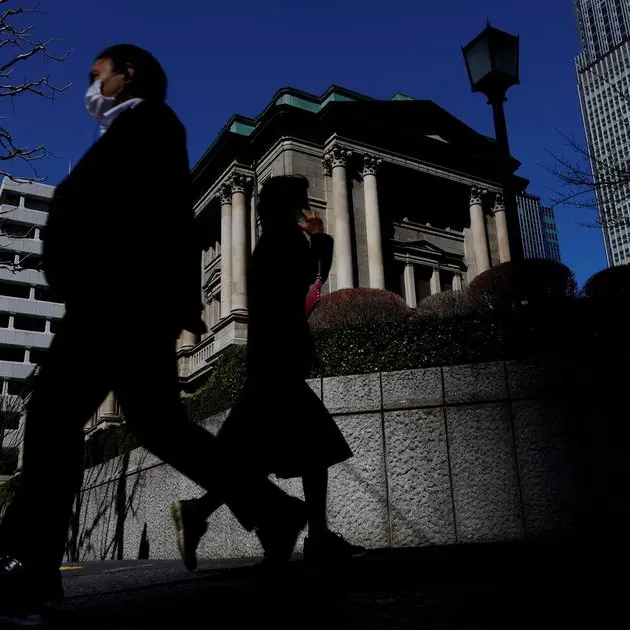PHOTO
ABU DHABI — Sheikh Khalifa bin Zayed Al-Nahyan was a visionary leader and statesman, whose demise created a great void in the Gulf and Middle East region. His modernization policies have been instrumental in transforming the UAE into a regional powerhouse.
His contributions were also outstanding in further closing ranks and achieving societal cohesion and economic integration of the six-member Gulf Cooperation Council (GCC) states. He had always been in the forefront of efforts to further bolster unity and integrity among the GCC member states.
Khalifa was born on Sept. 7, 1948 at Qasr Al-Muwaiji, Al-Ain, in Abu Dhabi, as the eldest son of Sheikh Zayed Bin Sultan Al-Nahyan and Hassa Bint Mohammed Bin Khalifa Al-Nahyan. He was a graduate of the Royal Military Academy, Sandhurst. When his father Sheikh Zayed became ruler of Abu Dhabi in 1966, Khalifa was appointed as the Ruler’s representative or mayor in the Eastern Region of Abu Dhabi and head of the Courts Department in Al-Ain. Later, he became the ruler of Abu Dhabi.
On Feb. 1, 1969, Khalifa was nominated the Crown Prince of Abu Dhabi, and on the next day he was appointed head of the Abu Dhabi Department of Defense. In that post, he oversaw the build-up of the Abu Dhabi Defense Force, which after 1971 became the core of the UAE Armed Forces.
Following the establishment of the UAE in 1971, Khalifa assumed several positions in Abu Dhabi, such as prime minister, minister of defense and minister of finance. After the reconstitution of the UAE Cabinet, the Abu Dhabi Cabinet was replaced by the Abu Dhabi Executive Council, and Khalifa became the second deputy prime minister of the UAE on Dec. 23, 1973 and the chairman of the Executive Council of Abu Dhabi on Jan. 20, 1974 under Sheikh Zayed.
In May 1976, he became deputy commander of the UAE Armed Forces, under the President. He also became the head of the Supreme Petroleum Council in the late 1980s, and continued in this position until his death. This position granted him wide powers in energy matters, as the council is being the supreme body in drafting the nation’s oil policy. He was also the chairman of the Environmental Research and Wildlife Development Agency.
As president he headed one of the largest investment fund in the world, the Abu Dhabi Investment Authority, managing hundreds of billions of dollars in assets. Dubai’s Burj Khalifa, the world’s tallest building, took on his name. He also supported the acquisition of English Premier League soccer club Manchester City.
© Copyright 2022 The Saudi Gazette. All Rights Reserved. Provided by SyndiGate Media Inc. (Syndigate.info).





















